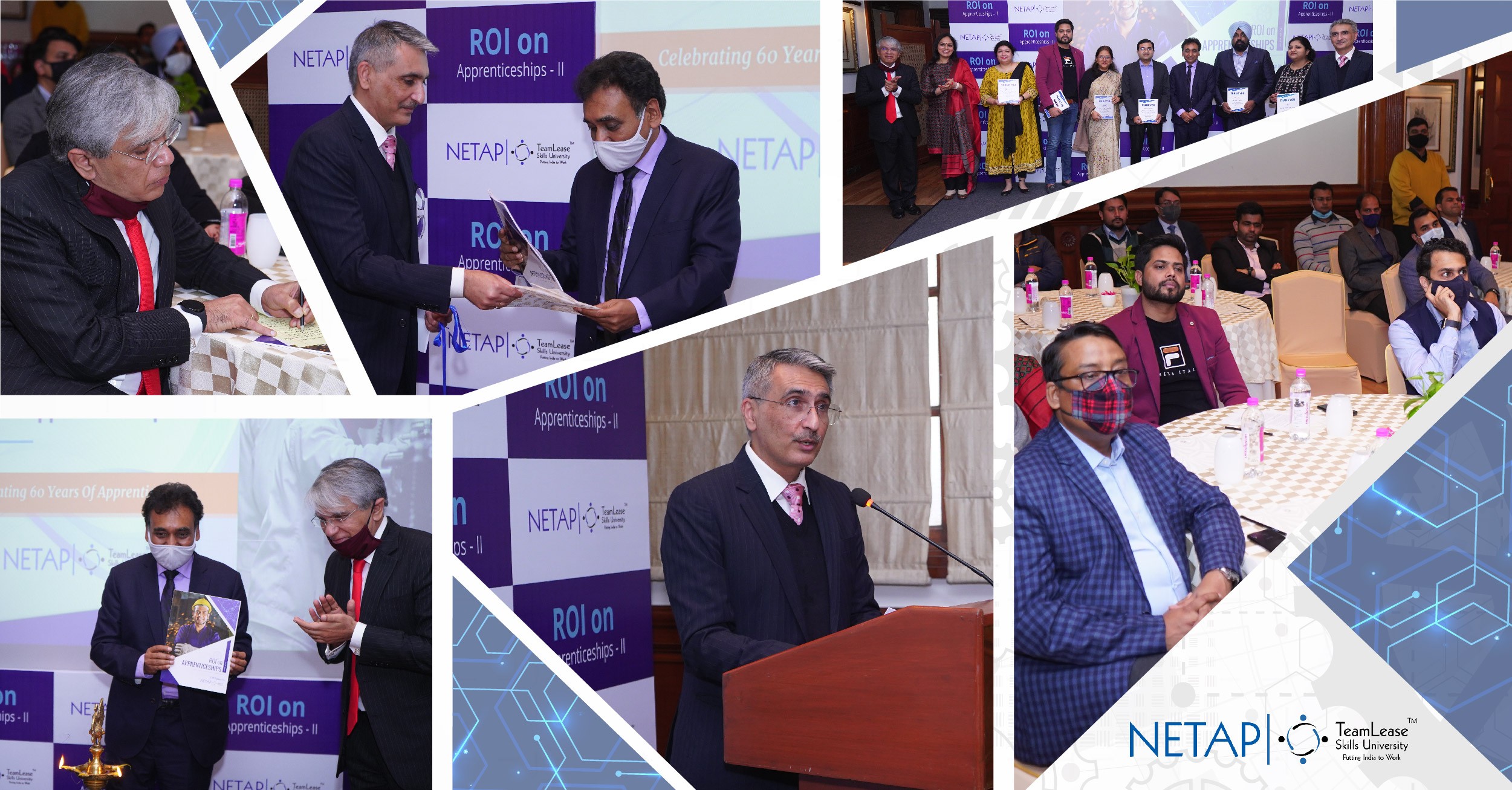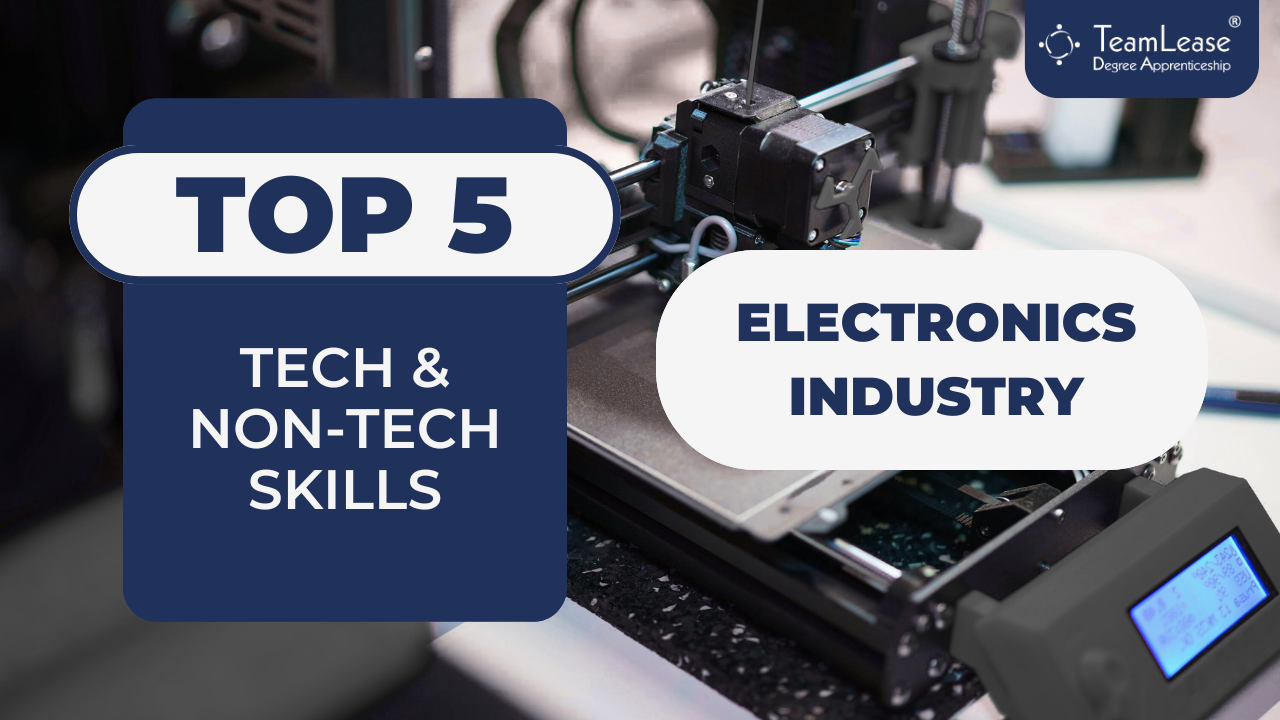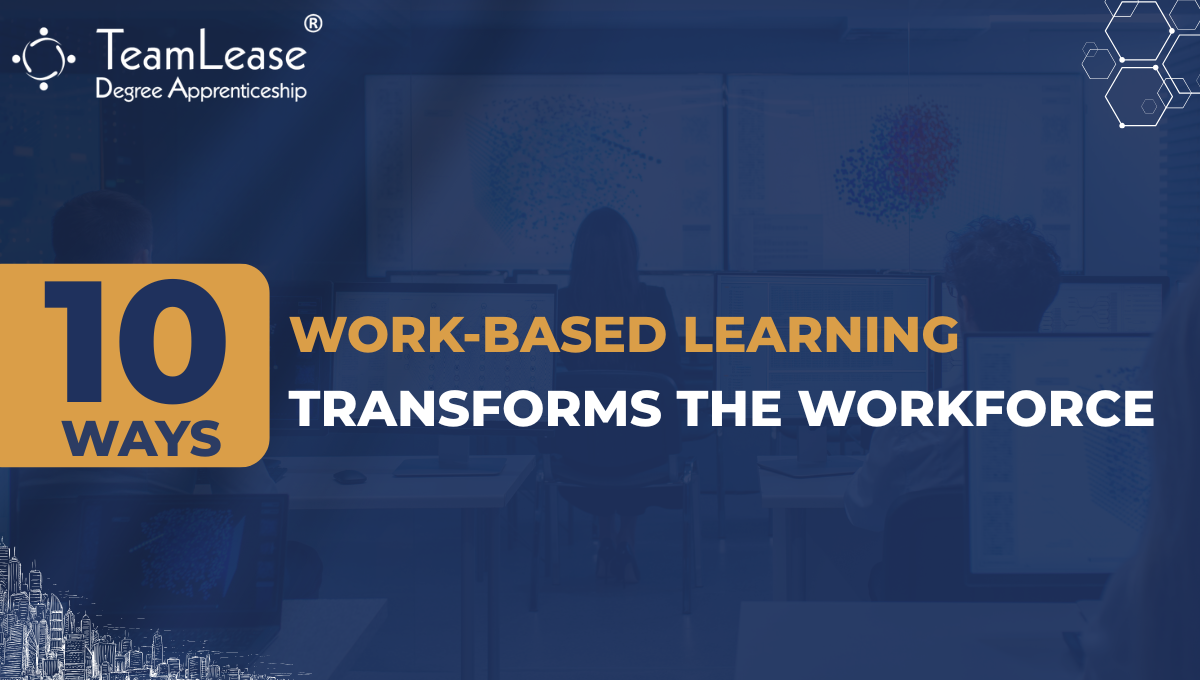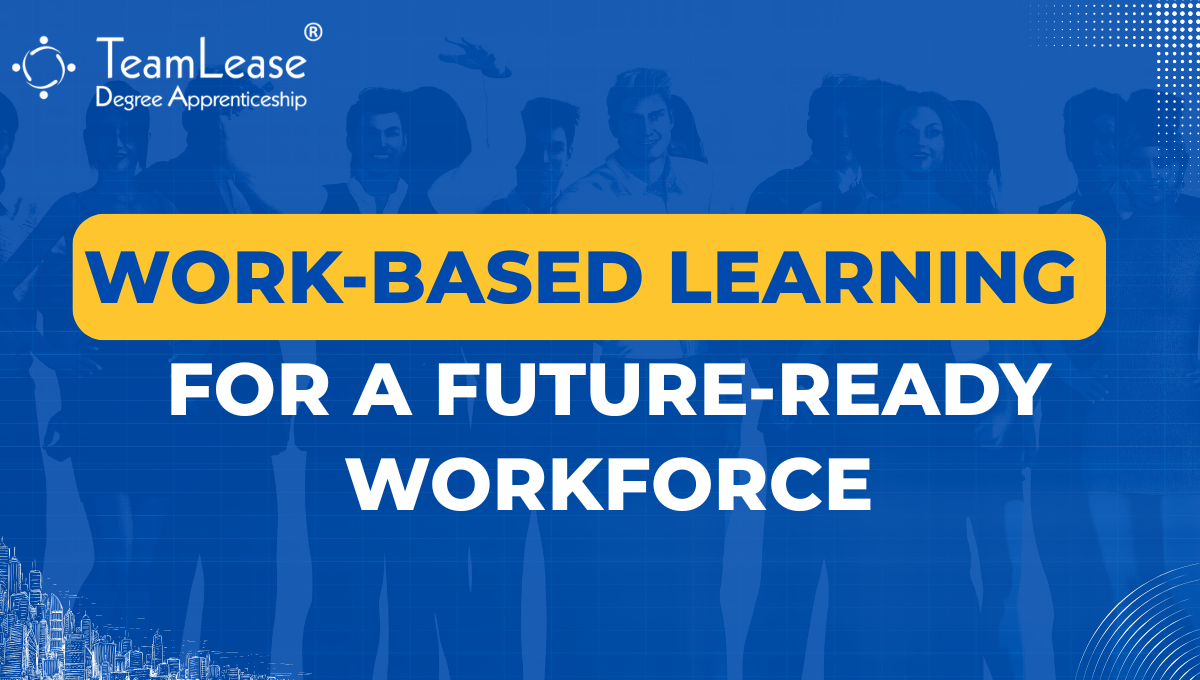As India celebrates 60 years of the Apprenticeship Act, let’s have a look at the past and see what the future holds in creating an enabling system that is - simplified and motivating. Even after 60 years in the system, India has only 0.1 percent participation of apprentices in the labor market. But over the decade, due to the simplification of laws and increased awareness, India is undoubtedly making some progress.
With the motive to show everyone how effective and efficient degree apprenticeship programs can be, NETAP has come up with a detailed research paper. The whitepaper titled ROI on Apprenticeship 2021 is a result of a year-long, extensive research on qualitative and quantitative outcomes on the real-life experiences of employers across sectors, sizes, and geographies. To launch the report, an event was organized on the 9th of December in Delhi. The event was honored by the presence of the Chief Guest Mr. Rajesh Agarwal, Secretary Ministry of Skill Development and Entrepreneurship, and speakers, Mr. Manish Sabharwal Vice Chairman at TeamLease Services Limited, and Mr. Sumit Kumar, Vice President, NETAP. Employers and experts from different industries were also invited to join the event, physically and virtually via Youtube Live. Watch the full video.
The transition from education to employment
The current employability rate of India is merely 15% which is a result of the gap between the existing skillset and the required skill set. Many employers attribute the employability challenge to the flaws in our education system because employers spend months training their new employees in skills that they should have acquired in school or college. So, what are the possible solutions? There is a need for a dual system of training or apprenticeship as a bridge to have a smooth transition from education to employment. Apprenticeship concerns the process of learning through physical integration into the practices associated with the subject, such as workplace training. By developing similar performance to other practitioners, an apprentice does the traditional classroom training as well as gets on-job training from seniors. In creating this type of learning, the learner also affects their environment; with better work performance, loyalty towards the employer, and increased the organization's overall productivity.
“The focus in the last few years has been on increasing the industry integration into skilling schools,” said Rajesh Agarwal, Secretary, MSDE, during his keynote speech.
Degree Apprenticeship is one area where MSDE is deeply committed to making it an integral part of workforce planning. And government money is being pumped more into apprenticeship schemes than plain training schemes which can be a bigger bang for the buck.
The five design principles which can create the infrastructure of education, employment, and employability opportunity would be learning while learning, learning by doing, learning with modularity, learning with flexibility, and learning with signaling value. Learning while earning is extremely important for a country like India. ‘You can't take jobs from people, you have to take people to jobs’ but we can take learning to people rather than people to learning. We not only lower the cost of learning but make learning affordable, said Manish Sabharwal while addressing the attendees.
So that's really important to solve the financing failure for kids coming from weaker sections of society. With an ROI on apprenticeship, it is an appeal to the employers to sort of fix their people supply chains or reimagine their supply chains so that they have higher productivity, lower attrition, and faster time to hire. Watch his full speech here.
Apprenticeship works. This whitepaper is the proof
Over the last seven years, more than 700 employers across sectors have joined hands with TeamLease Degree Apprenticeship to enhance their employability and livelihood. Many organizations had to overcome systemic and cultural challenges to make way for apprenticeships; many set the examples to be the first ones in the sector to get started. With 8 progressive companies, this whitepaper is created to discuss how they adopted a degree apprenticeship program as their own and benefited from it.
The key findings of the research
-
61% of the employer see its net positive value with apprenticeship
-
53% of the employees ranked long-term performance and reduced cost of recruitment as the top two benefits.
-
Nearly 50% of employers see long-term gains, including better performance and higher retention.
-
60% of employers say that their productivity improved
-
76% of the employers polled that apprenticeship reduces attrition by building a bond of loyalty with the organization and
-
63% of the employer survey believe that apprenticeship improves their overall performance and provides a competitive advantage over other firms. Download the full report here.
A special thanks to the 8 companies i.e Genpact, Mahindra Finance, Schindler, Proline India, SKF, Vikas Group, Lotus Herbals, and Ginger Hotels to be a part of this whitepaper and sharing their respective apprenticeship journey. Hopefully, other organizations will be encouraged to take up degree apprenticeships and make the best out of them.




No comments yet
Your Comment